The Sugarland Express – What Steven Spielberg’s 1974 Debut Reveals About the Director He Would Become
April 28, 2020 By Go BackAs legend has it, producer Richard D. Zanuck was worried about Steven Spielberg’s ability to take control of a movie set. The movie was The Sugarland Express, and Zanuck had taken a particularly risky flyer in hiring the callow 28-year-old with only a made-for-TV movie (Duel) to his credit. The night before principle photography was to begin, Zanuck woke up the film’s production manager and insisted he draw up a shooting schedule for the kid: easy shots first, so young Spielberg could gradually ease into authority.
Arriving at the location early the next day, Zanuck was pleasantly stunned that Spielberg had not only already set up one of the most difficult shots in the movie, he nailed it practically on first take.
Clearly, the boy had talent.
Although it opened and disappeared without a trace in February 1974, Sugarland acquired something of an afterlife once Spielberg’s next movie, Jaws, bit the ass off the entire movie industry in the summer of ‘75. People were curious how this bespectacled kid from Cincinnati had come from relative obscurity to the top ranks of Hollywood directors in two movies. And so, Sugarland Express began to enjoy an afterlife as the first theatrical movie by the guy who made Jaws, and later E.T.: The Extraterrestrial and Raiders of the Lost Ark. Not surprisingly, when Sugarland was released on DVD thirty years later, Spielberg’s name was prominently given top billing on the cover. As in “a film by STEVEN SPIELBERG.”
To be fair, it was easy to overlook just another southern-fried chase movie in 1974. The drive-ins were lousy with them, Burt Reynolds built a career appearing in them, and they earned about as much respect as porn loops. How were 1974 moviegoers to know the real truth about Sugarland, i.e., that it was one of the most polished, entertaining and nuanced American movies of that extraordinary decade?
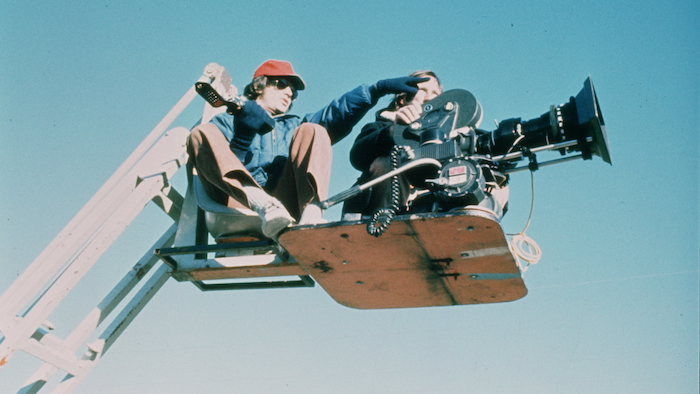
Even in context, however, it’s hard to imagine how this movie about revved-up lovers on the lam could not be seen for the rip-roaring populist entertainment that it was. But all that would change when the shark showed up.
One of the amazing things about Sugarland, unlike just about any drive-in crash up of its day, was its irresistible depiction of how heroes are made in America. Based on a true incident where a young woman and her escaped-con husband hijacked a police car (and a police officer) and led a virtual army of cops halfway across Texas to claim the baby that was fostered by the state. Along the way, they were welcomed as folk heroes by the crowds lined up along the highway, cheering from overpasses and honking their own cars like crazy. (In the movie, most of these revellers, and many of the cops, were played by non-actors, lending it a very ‘70s form of true grit.)
This, more than anything else, was the heart of Sugarland. It was a movie about the awe and wonder of a good spectacle, in which the crowds gathering onscreen became virtual avatars for the crowds who go to movies.
Which is to say, Sugarland was really about us. Just as we seek escape when we go to the movies, as well as working-class heroes to cheer for, Sugarland took escape itself as a form of highly romantic outlaw gesture. Yet, because it left one feeling so good at having watched it, it was easy to overlook just how radical a departure it was from those hundreds of car crash movies – Gator, Dirty Mary and Crazy Larry, Vanishing Point, The Gumball Rally, etc. — that sprung up in the decade following 1967’s Bonnie and Clyde.
The comparison to the Warren Beatty movie is itself illuminating. While director Arthur Penn’s controversial account of the exploits of two (considerably) more famous outlaw lovers-on-the-lam was also about populism, escape and the making of folk heroes, Bonnie and Clyde struck a note of utter despair in the American heartland. It was a requiem for lost and corrupted innocence, and the countercultural generation ate it up like Smarties.
In Sugarland, it’s this very innocence that carries us along. As embodied by the impossibly perky Goldie Hawn (27 when the movie was shot), Lou Jean Poplin is a mother on a mission. Having been declared unfit and separated from her two-year-old son, Lou Jean busts her husband (William Atherton) out of jail to do what just about any of us might do under similar circumstances. All she wants is her baby back, and nobody or nothing – not even 150 flashing police cruisers lined up behind Ben Johnson’s head cop – was going to stop her.
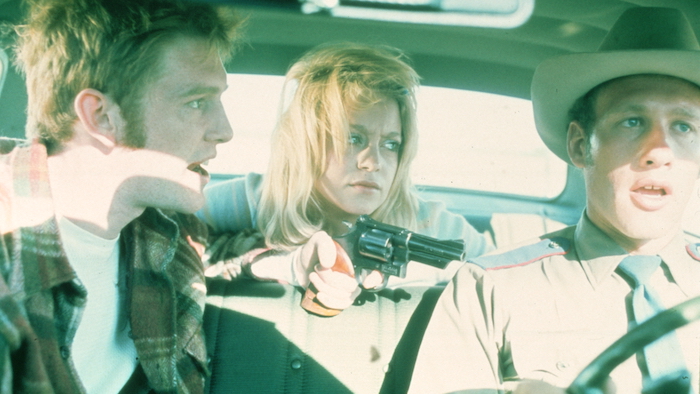
More Blondie and Dagwood than Bonnie and Clyde, the Poplins are presented as naive ordinary folk who become notorious simply for wanting to restore their family. Like kids themselves, they are impetuous, impulsive, high-spirited and sometimes plain dumb. In my favourite scene, Lou Jean and her husband watch an old Warner Brothers cartoon on a drive-in screen, as captivated and delighted as we are watching them.
As a child of divorced parents, Spielberg must have identified with this couple on a subliminal level, as all they really wanted was to get their family back together. It would hardly be the last time Spielberg would make a movie about people shattered by circumstance and the redemptive power of the imagination. Just think of Close Encounters, E.T., Empire of the Sun, War of the Worlds, A.I., Hook, Saving Private Ryan – these and other Spielberg movies are, to one extent or another, all about restoring broken families. No filmmaker since Frank Capra has put such stock in the sentimental happy ending and the redemptive power of wonder.
This alone qualified as radical in 1974, when most movies displayed a perfectly reasonable post-60s cynicism regarding authority, tradition and the healing power of family bonds. Not so Spielberg, which partly explains why he was poised to become the most successful Hollywood moviemaker of the last century. The fact is, Sugarland does in fact end on a note of sadness, but it’s a note that’s quickly diminished by the final credits, in which we learn that Lou Jean not only did some uneventful jail time, but was eventually reunited with her boy and husband. In other words, about the only thing that crawls intact from all this spectacular wreckage is the family.
And, of course, the budding reputation of Steven Spielberg.





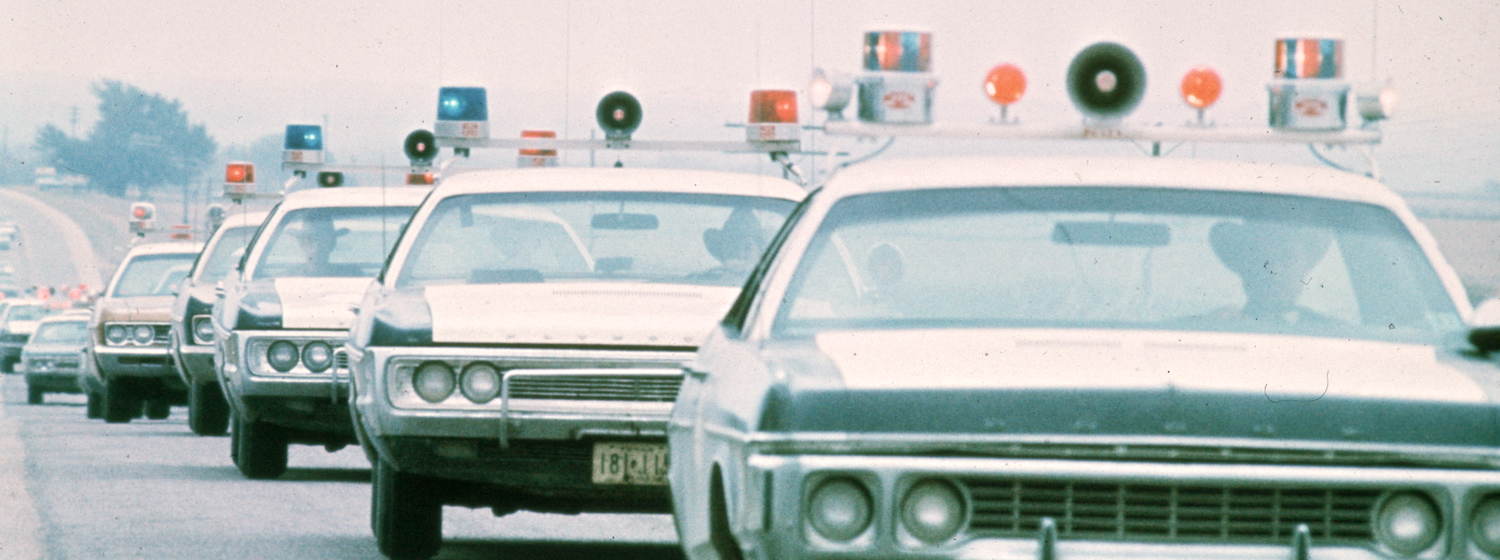
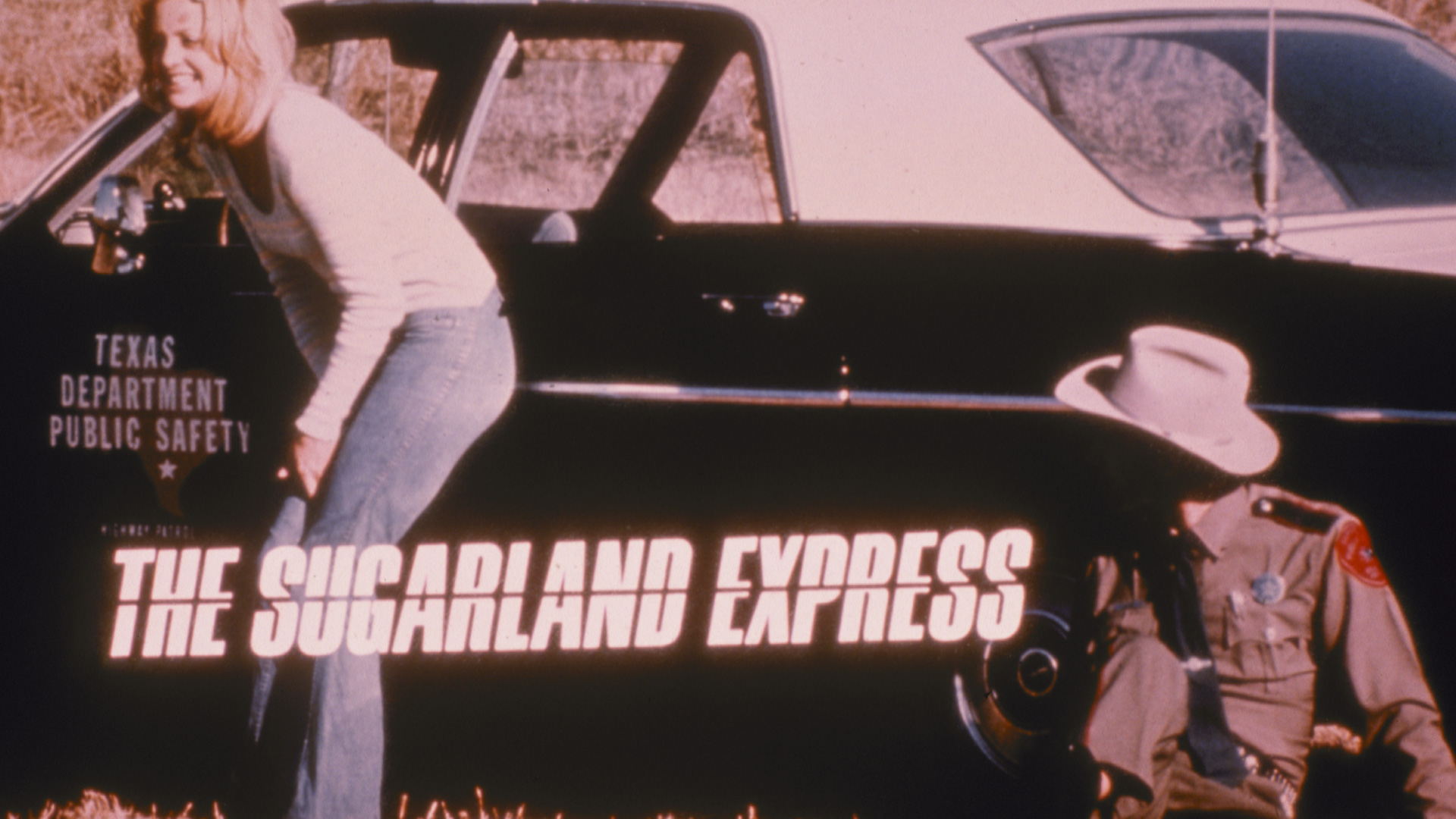
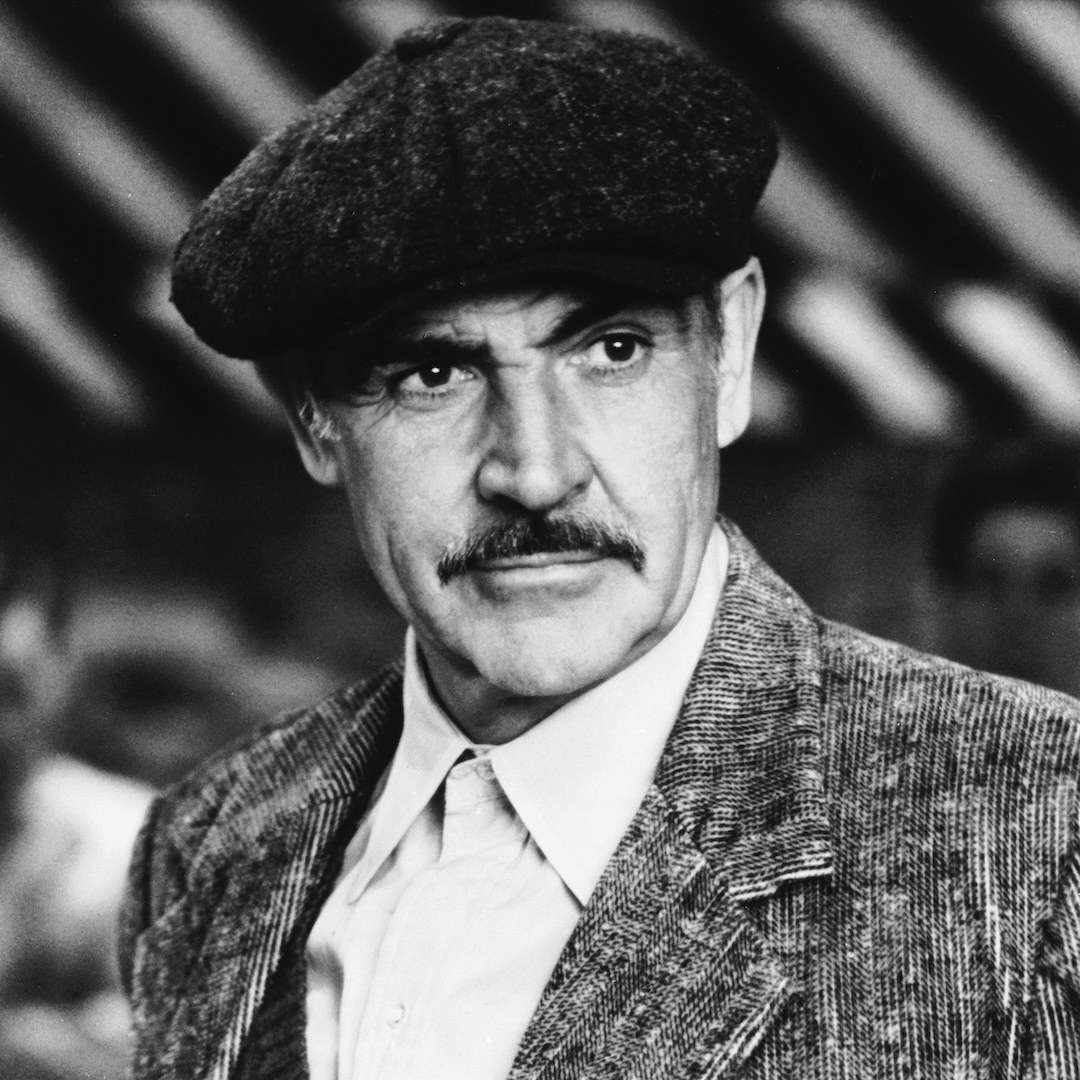

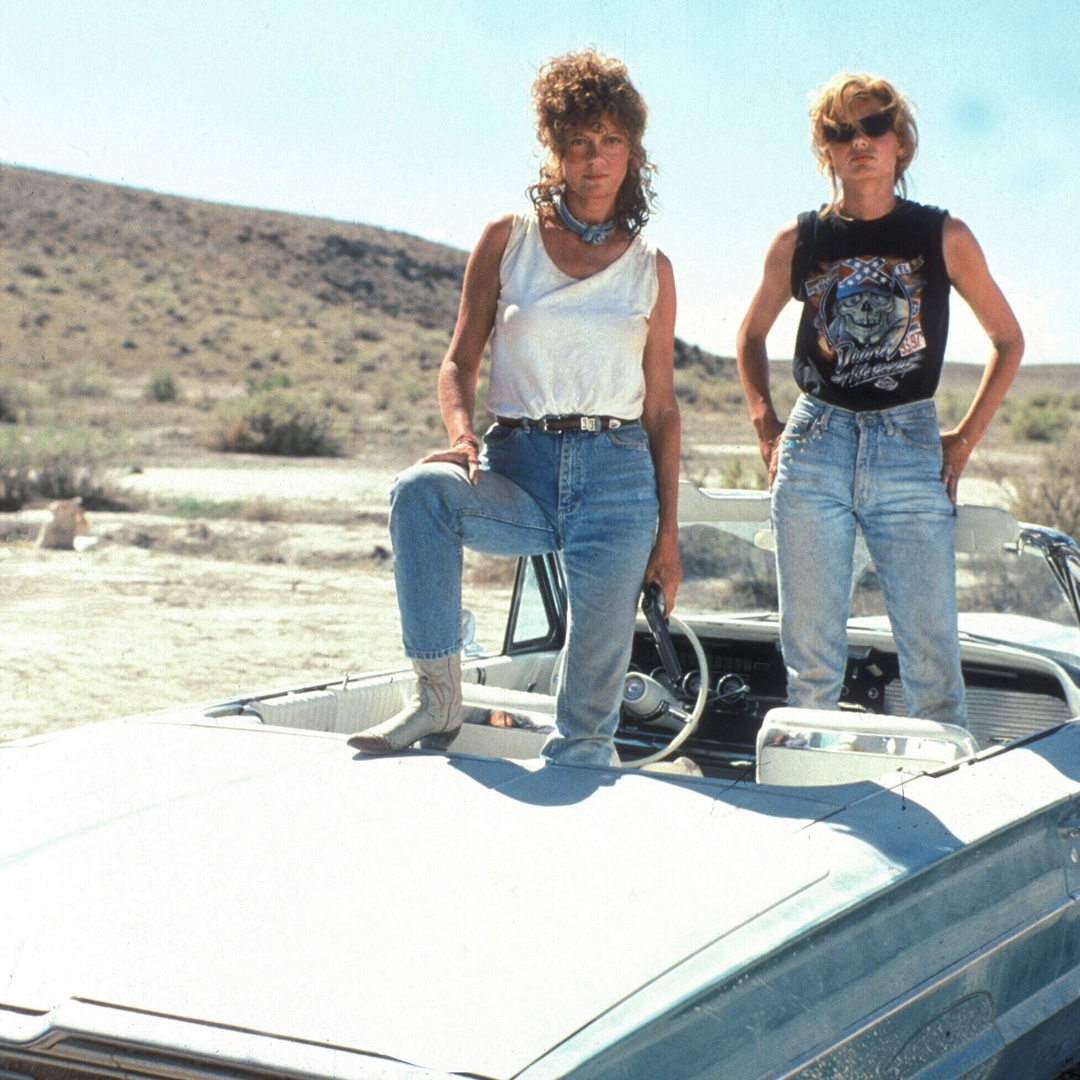
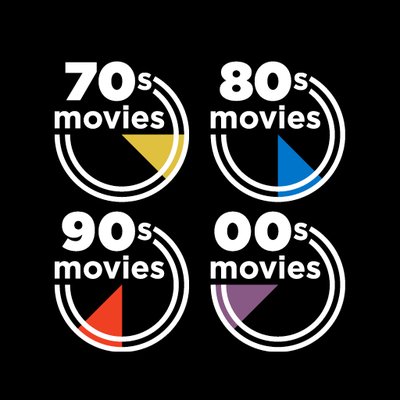
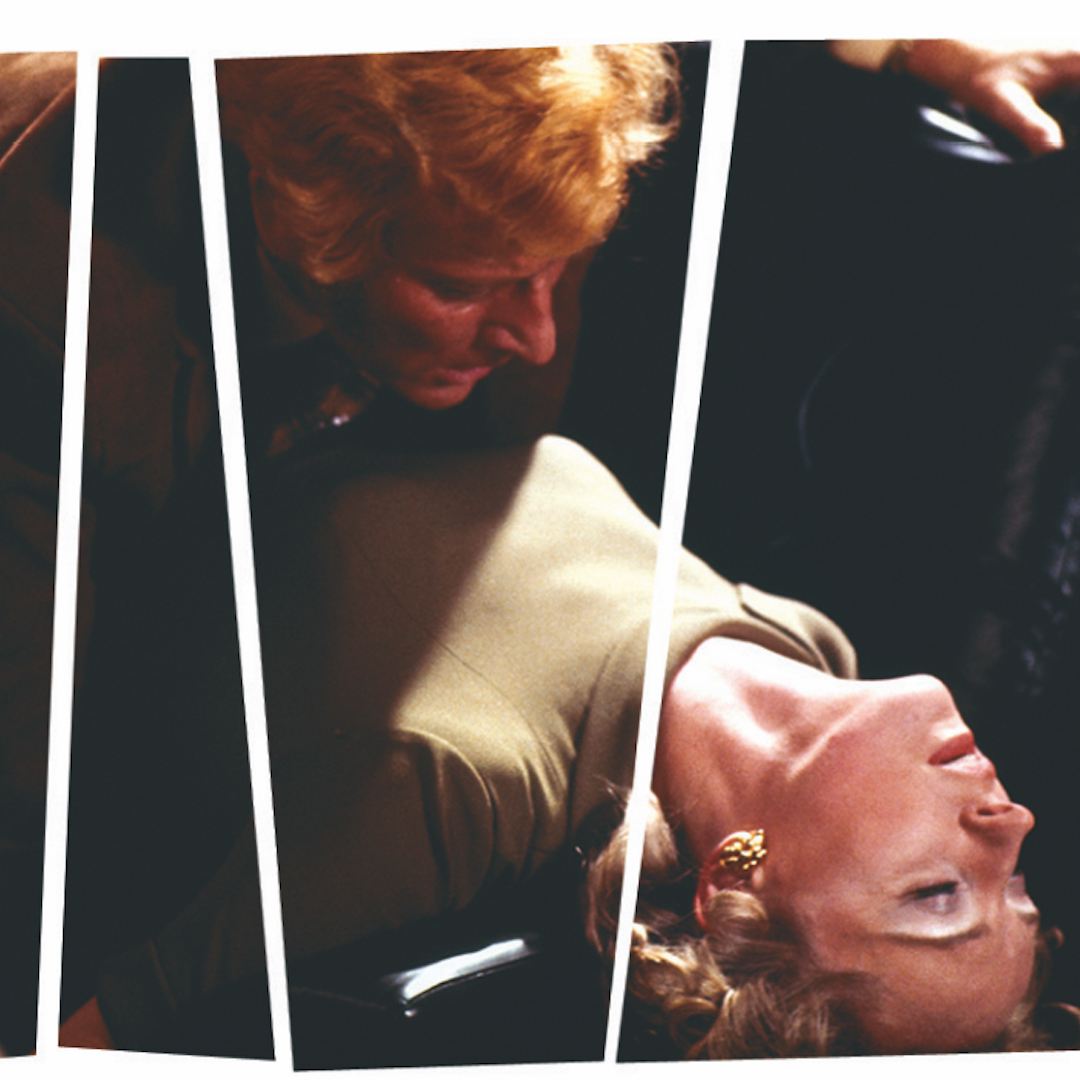

 Follow us on Instagram
Follow us on Instagram